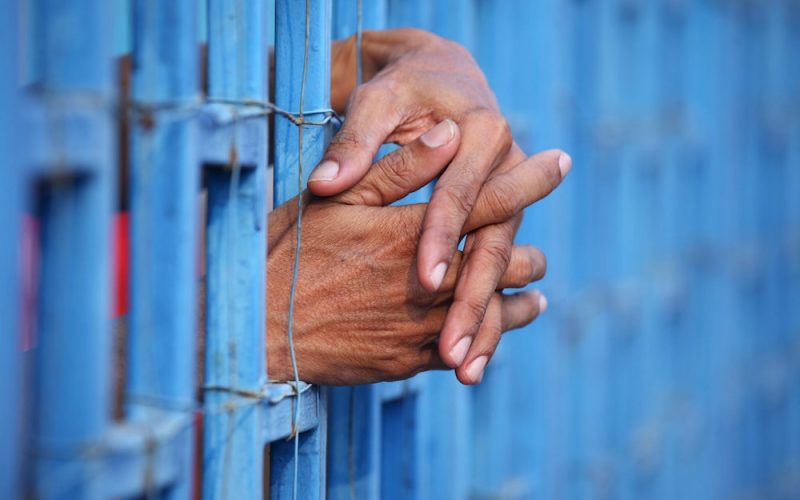OUD is a treatable, chronic medical condition. Not treating OUD while someone is incarcerated leads to poor outcomes at release such as a higher risk of overdose and death. In fact, the risk of overdose death is 50 times greater than that of the general public within the first two weeks after release.
Opioid Use Disorder (OUD) is a disability and is protected under the Americans with Disabilities Act (ADA). Unfortunately, some people with an OUD may end up in a NC jail at some point. Many jails do not provide medications for opioid use disorder (MOUD) even though it may violate the ADA. For example, the ADA is violated when the jail has a blanket policy against MOUD, or limits MOUD to only one type of medication, or only allows some populations (e.g., pregnant women) access to MOUD.

Saving Lives: Ensuring Access to Medications for Opioid Use Disorder (MOUD) in NC Jails
North Carolina is facing an overdose crisis where our loved ones, friends, and neighbors are being tragically taken away from us. These are also…

MOUD in Jail or Prison: Know Your Rights
Opioid use disorder (OUD) is a common medical condition that affects people from all walks of life. According to the Centers for Disease Control and Prevention (CDC) about 2.7 million people in the United States are living with OUD.

OUD and Substance Use Disorder Resources
When you have an Opioid Use or Substance Use Disorder, it can be hard to find the help that you need. DRNC has developed a statewide list of resources.

Illegal Drug Use and Medications for Opioid Use Disorder – ADA Protections for People Entering Jail (& Prisons)
The road to recovery from an opioid use disorder (OUD) is not always a direct path. People with an OUD will sometimes relapse, even while taking medications to help with their recovery.

Open Letter to Sheriffs: ADA Requires MOUD in Jails
Disability Rights North Carolina (DRNC) recently reached out to all 100 counties in NC to examine the availability of medications for opioid use disorder (MOUD) in NC jails.

